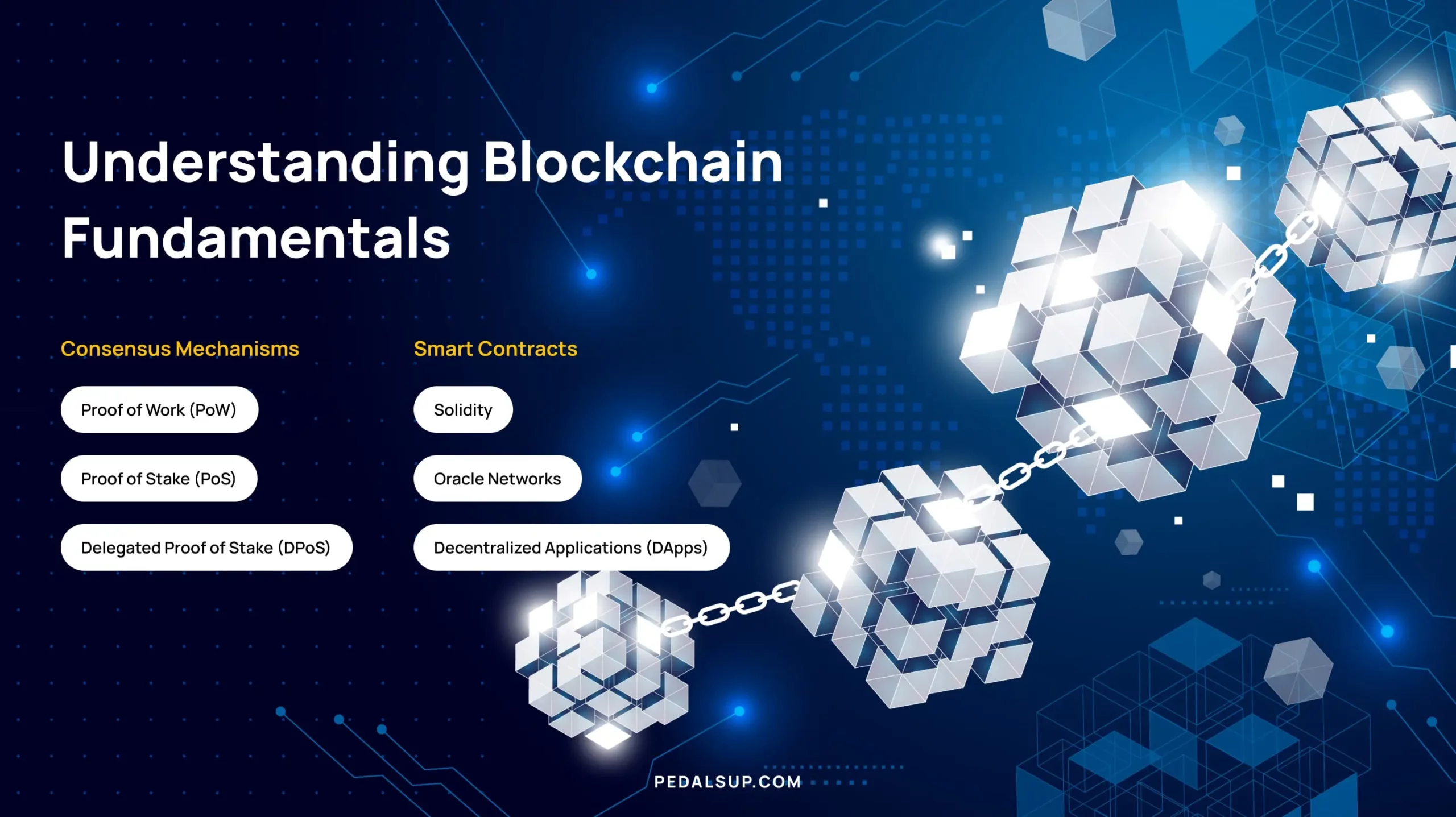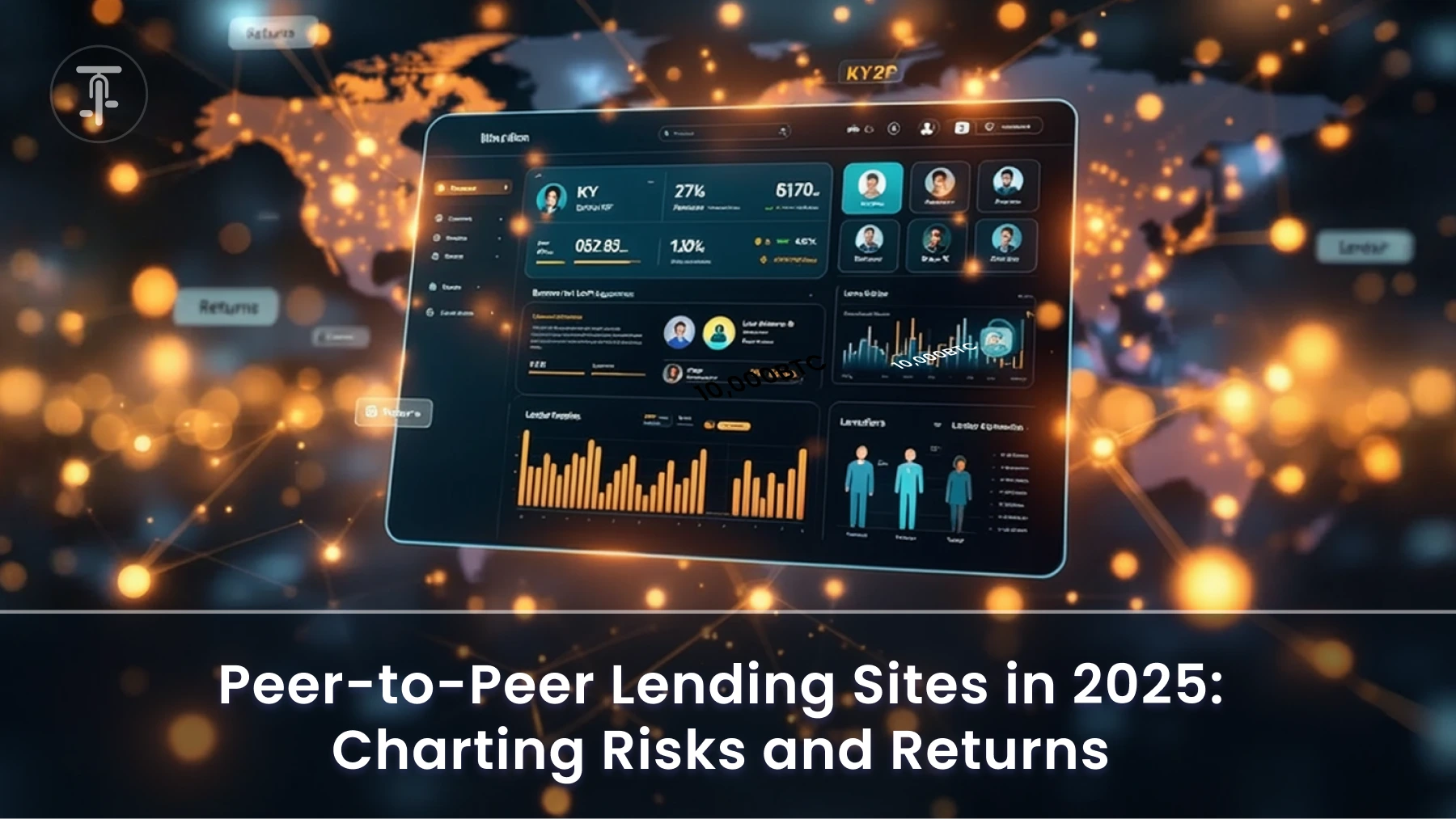Introduction
The real estate industry is transforming digitally, moving away from traditional paper-based and intermediary-based processes. At its core lies blockchain technology, an immutable decentralized ledger that promises a new definition for property ownership, transaction, and management. This article focuses on the in-depth technical underpinnings of blockchain applications in real estate, reviewing the mechanisms and possible implementations that can transform the sector.
Understanding Blockchain Fundamentals

Before exploring blockchain implications in real estate, it’s essential to grasp the core concepts of blockchain:
Consensus Mechanisms
- Proof of Work (PoW)
Network participants, known as miners, compete to solve complex mathematical puzzles. The first miner to find a solution adds a new block to the blockchain and is rewarded with cryptocurrency. PoW offers a high level of security due to the immense computational power required to attack the network. However, it is energy-intensive and can be slow to process transactions. - Proof of Stake (PoS)
Instead of relying on computational power, participants (validators) stake a portion of their cryptocurrency as collateral. The right to validate blocks is assigned based on the size of their stake. PoS is significantly more energy-efficient than PoW and can process transactions faster. Nevertheless, it carries the risk of centralization, as those with larger stakes hold more influence. - Delegated Proof of Stake (DPoS)
In DPoS, token holders vote for delegates who validate blocks on their behalf. This approach combines elements of direct democracy with the efficiency of a smaller validator set. DPoS offers higher scalability and faster transaction speeds compared to traditional PoS and PoW. However, there’s a potential for centralization if a small group of delegates gains control.
Smart Contracts
- Solidity
Solidity is a high-level programming language specifically designed for developing smart contracts on the Ethereum platform. Its key features include:
Statically typed: Enhances code reliability and security by catching errors during compilation.
Object-oriented: Supports inheritance and polymorphism for complex contract logic.
Libraries: Offers pre-built functionalities for common operations, accelerating development. - Oracle Networks
While blockchain operates on a decentralized network, it often requires access to real-world data for smart contracts to function effectively. Oracle networks, such as Chainlink, provide this crucial link.
Decentralized data feeds: Chainlink aggregates data from multiple sources to ensure reliability and security.
Smart contract integration: Delivers verified data to smart contracts, enabling them to make informed decisions. - Decentralized Applications (DApps)
Built on blockchain platforms, DApps leverage smart contracts to create innovative applications.
Decentralized Exchanges (DEXs): Peer-to-peer marketplaces that facilitate cryptocurrency trading without intermediaries.
Decentralized Finance (DeFi): A rapidly growing ecosystem offering financial services like lending, borrowing, and trading on blockchain networks.
Blockchain's Impact on Real Estate: A Comprehensive Overview

Blockchain technology is poised to revolutionize the real estate industry by addressing long-standing challenges and creating new opportunities. By introducing transparency, efficiency, and security, blockchain is transforming how real estate assets are owned, traded, and managed.
Tokenization and Fractional Ownership
Tokenization allows real estate assets to be divided into smaller, digital units, making them accessible to a wider range of investors.
- Security Token Offerings (STOs): By adhering to securities regulations, STOs provide a compliant framework for tokenizing real estate, offering investors ownership rights and potential returns.
- Real Estate Investment Trusts (REITs): Tokenizing REITs enhances liquidity and allows for fractional ownership, democratizing access to real estate investments.
- Property-Backed Tokens: Represent direct ownership in specific properties, providing investors with greater control and potential appreciation.
Streamlined Transactions
Blockchain technology can significantly streamline real estate transactions by automating various processes.
- Smart Contracts: These self-executing contracts automate title transfers, escrow, and payment management, reducing paperwork and potential errors.
- Mortgage Origination and Servicing: Digitizing the mortgage process can accelerate loan approvals and streamline servicing, benefiting both lenders and borrowers.
Enhanced Transparency and Trust
Blockchain’s immutable ledger creates a transparent and auditable record of property ownership and transactions.
- Immutable Record-Keeping: By providing a verifiable history, blockchain reduces the risk of fraud and disputes.
- Fraud Prevention: The decentralized nature of blockchain makes it difficult for malicious actors to manipulate data.
- Data Security: Robust cryptographic techniques protect sensitive property information.
New Business Models
Blockchain is enabling innovative business models within the real estate sector.
- Crowdfunding Platforms: By leveraging blockchain, crowdfunding platforms can facilitate capital raising for real estate projects, offering investors diversified opportunities.
- Peer-to-Peer Lending: Blockchain can connect investors directly with borrowers, eliminating intermediaries and potentially lowering interest rates.
- Predictive Analytics: Analyzing blockchain data can provide valuable insights into market trends, property values, and risk assessment.
Technical Challenges and Solutions
Scalability:
- Layer-2 Solutions: Off-chain scaling techniques like state channels and sidechains to increase transaction throughput.
- Sharding: Dividing the blockchain into smaller segments, each processing a subset of transactions simultaneously.
- Technology: Implementing protocols like Plasma and Rollups to enhance scalability without compromising security.
Interoperability:
- Cross-Chain Protocols: Enabling communication and data transfer between different blockchain networks.
- Token Bridges: Facilitating the movement of assets across disparate blockchains.
- Technology: Utilizing protocols like Polkadot and Cosmos for cross-chain interoperability and seamless asset transfers.
Security:
- Smart Contract Audits: Conducting thorough audits to identify and mitigate vulnerabilities before deployment.
- Security Tokens: Implementing additional layers of security for tokenized assets, such as multi-signature wallets and hardware security modules (HSMs).
- Technology: Employing advanced cryptographic techniques to protect data and ensure the integrity of transactions.
Regulatory Compliance:
- KYC and AML Compliance: Ensuring adherence to regulatory requirements through identity verification and transaction monitoring.
- Regulatory Sandboxes: Collaborating with regulators to test innovative blockchain solutions in a controlled environment, ensuring compliance.
- Technology: Integrating compliance protocols within blockchain systems to streamline regulatory adherence.
Conclusion
Blockchain technology has the potential to revolutionize the real estate industry by addressing long-standing challenges and creating new opportunities. While technical hurdles and regulatory complexities exist, the benefits of increased efficiency, transparency, and security are compelling. As the technology matures and regulatory frameworks evolve, we at Pedals Up are committed to driving innovation in the real estate sector through advanced blockchain solutions. The future of real estate is digital, and blockchain is at the forefront of this transformation.




